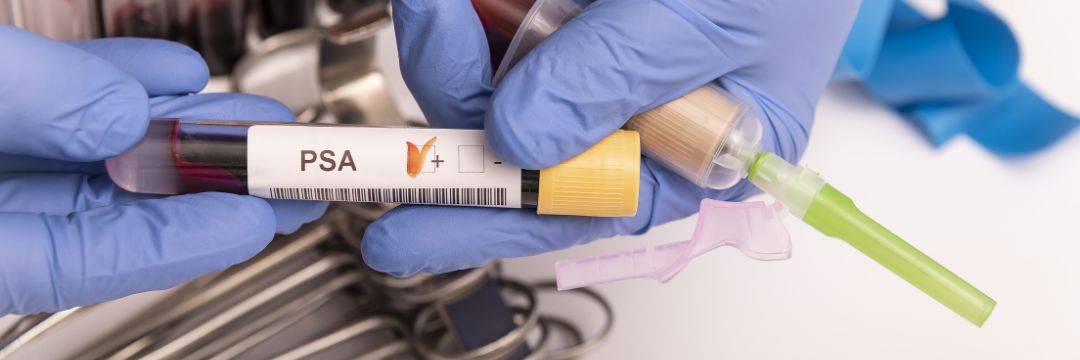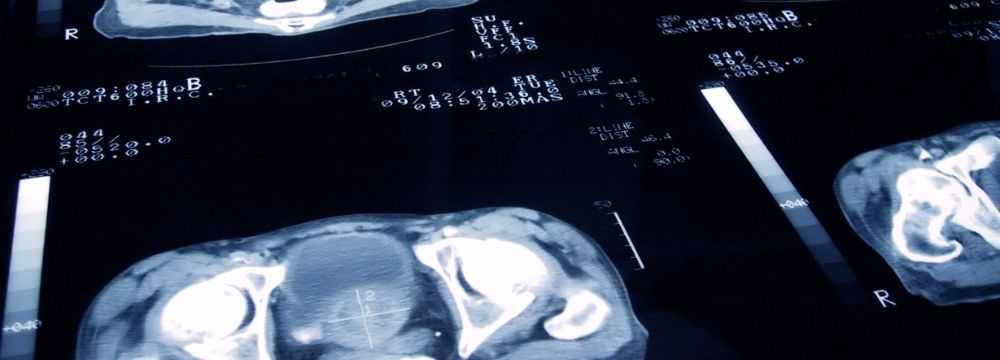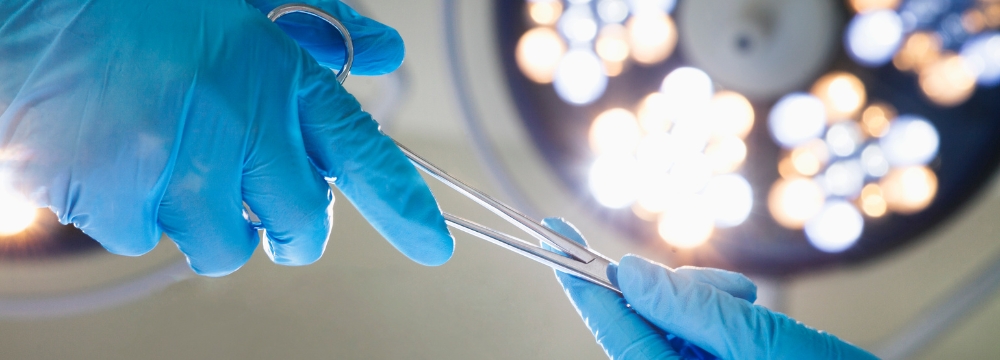Despite its small size, the prostate can be a troublesome gland. It is susceptible to various problems, namely benign prostatic hyperplasia (prostate enlargement), inflammation (prostatitis), and prostate cancer.
Significant scientific evidence has established the role of exercise in both minimizing men’s risk of developing prostate problems and in mitigating their symptoms. For men living with prostate cancer, exercise has been shown to delay the progression of the disease.
Let’s delve into the benefits of an active lifestyle for men who have prostate problems—the very reasons you will want to stay off the couch!
Prostate Enlargement Prevention
Benign prostatic hyperplasia (BPH) is a harmless condition, but it can cause uncomfortable symptoms, such as pain while urinating or after ejaculation, frequent urge to urinate, dribbling at the end of urination, and difficulty urinating.
Researchers suggest that men who move more are less likely to develop BPH and that even low- to moderate-intensity exercises, such as walking, can be beneficial. Researchers added that walking additional three hours every week can reduce a man’s risk of developing BPH by another 10 percent.
Prostatitis Symptom Relief
Prostatitis is a blanket term encompassing different conditions that cause inflammation of the prostate gland: acute (sudden) bacterial prostatitis, asymptomatic inflammatory prostatitis, chronic bacterial prostatitis, and chronic prostatitis/ chronic pelvic pain syndrome (CP/CPPS).
For men with prostatitis, experts advise against sitting for long periods of time, as this can irritate the prostate, and recommend exercise to help ease their symptoms.
Kegel exercises can help strengthen and equip the pelvic floor muscles to help better control urination. Additionally, aerobic exercises, such as walking, swimming, and jogging, can help alleviate prostatitis pain and help men with the condition become less susceptible to anxiety and depression.
Prostate Cancer Prevention and Survival
Prostate cancer is characterized by uncontrolled, malignant cell proliferation in the prostate gland.
Urologist Michael Johnson, M.D. at Johns Hopkins Medicine encourages men to take part in regular physical activity. Exercise helps with weight loss and consequently lowers men’s risk of developing prostate cancer or delays the progression in those already diagnosed with it.
Additionally, research has linked obesity with particularly aggressive types of prostate cancer, and there are other studies that associate excess weight with increased risk of recurrence of prostate cancer in those who have had already been treated.
Prostate Care in Charlotte, NC
At Carolina Urology Partners, our board-certified urologist and men’s health expert Dr. Richard Natale provides unparalleled care for the entire range of conditions affecting men’s genitourinary system—including those that cause prostate problems.
If you have been diagnosed with any of the conditions mentioned above, Dr. Natale will teach you lifestyle strategies to help you successfully take control of your symptoms. If you’re living with prostate cancer, he will work closely with you to help you navigate your treatment and get you on the path to complete remission.
To see Dr. Natale for a consultation, call our staff , or you can also request an appointment right here on our website using this form. We look forward to helping you take better care of your prostate health!









